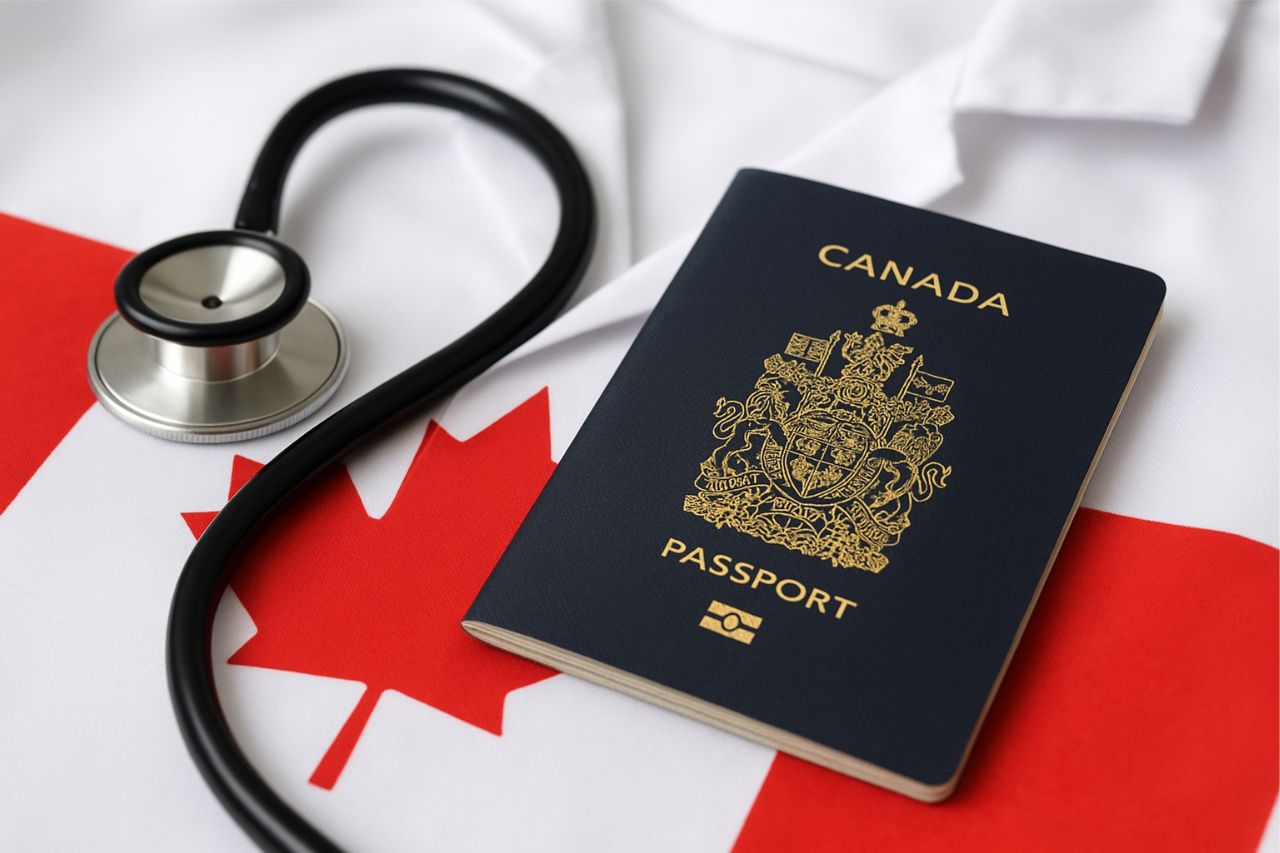How to Avoid Medical Inadmissibility in Express Entry Applications

Canada’s Express Entry system mandates that every applicant undergo an Immigration Medical Exam (IME) to assess potential health risks to public safety and the healthcare system. While most applicants pass, some medical conditions can lead to inadmissibility, denying entry based on health grounds.
Understanding Medical Inadmissibility
Under Canada’s Immigration and Refugee Protection Act, medical inadmissibility is categorized into three main areas:
-
Public Health Risk: Infectious diseases that could spread within the population, such as active tuberculosis or certain sexually transmitted infections.
-
Public Safety Threat: Conditions that might cause unpredictable or violent behavior.
- Excessive Demand on Services: Conditions that are expected to cost more than CAD $128,000 over five years in healthcare or social services.
Common Conditions Leading to Inadmissibility
Infectious diseases, chronic conditions requiring long-term care, mental health issues, and developmental disorders are some examples that may lead to inadmissibility. Specific conditions include:
- Infectious Diseases: Active TB, hepatitis B or C, certain STIs.
- Chronic/High-Cost Conditions: Kidney disease needing dialysis, severe heart disease, diabetes with complications.
- Mental Health Conditions: Schizophrenia, bipolar disorder, severe depression linked to violent behavior.
- Developmental/Neurological Disorders: Down syndrome, autism, cerebral palsy.
Conditions Endangering Public Safety
Applicants may be deemed inadmissible if their condition results in behavior that could harm others, such as:
- Unpredictable behavior due to mental or neurological disorders.
- Severe substance abuse leading to anti-social behavior.
- Brain disorders affecting decision-making.
Addressing Medical Inadmissibility
Being flagged for medical inadmissibility doesn’t end your immigration journey. Applicants can:
-
Submit a Mitigation Plan: Demonstrate how they will manage their health condition privately, including proof of private insurance or a self-funded care plan.
-
Consult a Panel Physician: If reassessment is requested, a visit to an approved physician is needed for a re-evaluation.
- Seek Professional Guidance: Consulting with immigration experts or lawyers can help build a strong case, prepare mitigation plans, and gather necessary medical documentation.
Important Considerations
Not all medical conditions result in inadmissibility. IRCC evaluates each case individually, considering the severity, treatment needs, and financial implications. Accurate disclosure of medical information is crucial to avoid refusals or bans for misrepresentation. With diligent preparation and strategic planning, many applicants successfully overcome medical admissibility concerns, paving the way to permanent residency in Canada.



